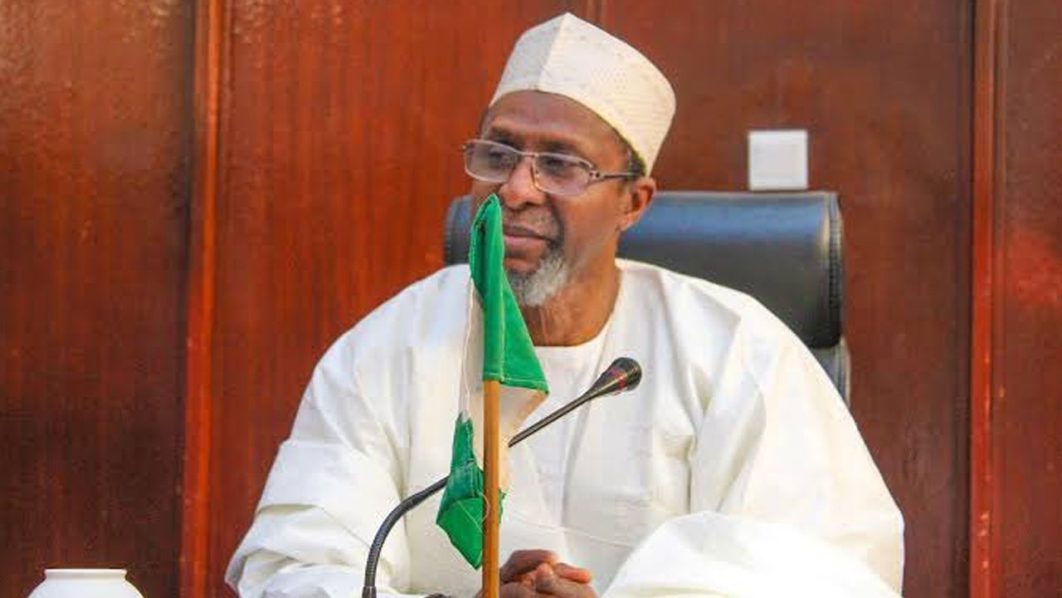

The Federal Government has introduced guidelines for the National Policy on Plastic Waste Management implementation, which will reduce plastic leakage into the environment and promote circular economy principles and practices.
Minister of Environment, Balarabe Lawal, who showcased the policy in Abuja, said that the guidelines mark a significant step in the collective journey towards a sustainable future that prioritises environmental integrity, public health, and community resilience.
The minister highlighted the challenges that plastic waste poses to the environment, adding that globally, millions of tons of plastic are produced each year, with a staggering portion ending up in oceans, dumpsites, streets and drainages that threaten aquatic life, and impact health and well-being.
Lawal stated that reliance on single-use plastic has created a crisis that demands action, innovative solutions, and commitment to change. He observed that the policy serves as a framework for addressing these pressing issues, stressing that the success of the initiative lies in the implementation of the guidelines.
He said: “The guidelines are developed based on the following key principles: Reduce, Reuse, Recycle. The cornerstone of our approach is the principle of reducing plastic production and consumption, reusing materials wherever possible, and recycling to ensure that plastic waste is repurposed. A critical component of our strategy will be educating communities about the impact of plastic waste and promoting sustainable practices.”
Lawal noted that encouraging innovation in waste management technologies and practices is essential, including investing in research and development for biodegradable alternatives and promoting circular economy models that minimise waste. He urged all stakeholders to embrace their roles and work together to champion sustainable practices and change in communities.
Speaking, UNIDO’s National Programme Coordinator of Environment and Energy, Oluyomi Banjo, said that the occasion signifies a critical milestone in Nigeria’s journey toward achieving sustainable development and environmental stewardship.
He said the project, “Promoting Sustainable Plastic Value Chains through Circular Economy Practices” is being funded by the Government of Japan and seeks to reduce plastic leakage into the environment.
Banjo said that the implementation guidelines represent a collaborative effort to translate policy into action, adding that the guidelines offer a roadmap for Nigeria to transition towards a more sustainable and circular plastic economy.
He noted that the policy will contribute significantly to reducing plastic pollution, fostering responsible consumption, and supporting green innovation across industries. The guidelines also address single-use plastics, enhance municipal plastic waste collection, and improve sorting and recycling processes with best environmental practices.
He said: “Our collaboration with the Federal Ministry of Environment and other stakeholders will remain strong as we work towards the realisation of a cleaner, more circular economy for Nigeria. UNIDO remains committed to supporting Nigeria in promoting circular economy practices with international best standards. Together, we can create a future where plastic waste is minimised, recycled, and managed in an environmentally responsible manner.
Earlier, the Japan Deputy Head of Mission, Hitoshi Kozaki, described the guidelines as a step forward for cleaner Nigeria and assured the government of its commitment to achieve sustainable development.






